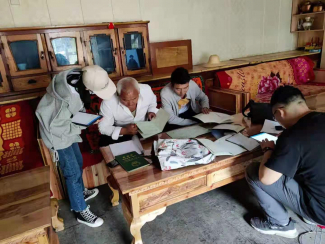Impact of climate change adaptation on food security: evidence from semi-arid lands, Kenya
The management of rangelands, including climate change adaptation strategies, is primarily responsible for stimulating livestock productivity, which consequently improves food security. This paper investigates the impact of climate change adaptations on food security among pastoralists in semi-arid parts of Kenya, who have not received due attention to date. Using an endogenous switching regression model, the current study revealed that pastoralists’ food security increased significantly when they employed measures to adapt to climate change.

